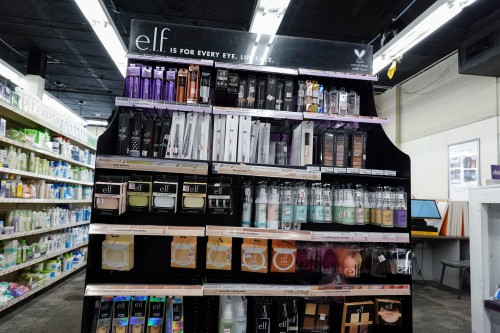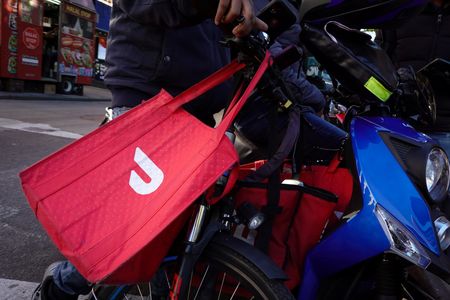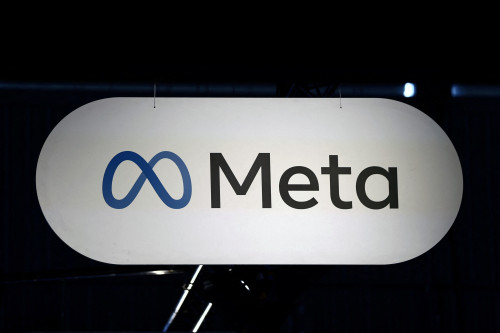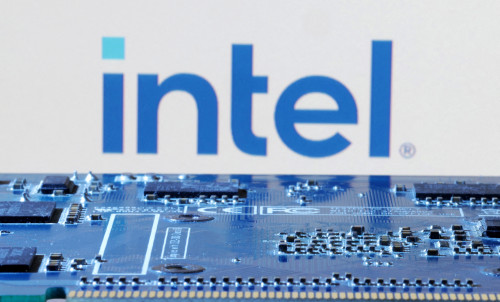By Anuja Bharat Mistry
(Reuters) – Elf Beauty raised its forecasts for annual sales and profit on Wednesday, betting on its efforts to sell cosmetics such as lip oil and liquid blush at affordable price points in the U.S. and abroad, sending the company’s shares up 18% in extended trading.
Customers, who have been hunting for lower-priced makeup and skincare products, have helped in boosting Elf’s sales in a challenging market where major beauty brands like Estee Lauder and L’Oreal have been wrestling to lift demand.
Elf expects net sales in the range of $1.32 billion to 1.34 billion, compared with its prior forecast of $1.28 billion to $1.30 billion.
Elf’s strategy of introducing “dupes” of luxury cosmetics and pricing its products between $2 and $10 has further bolstered demand.
The California-based company has also expanded product offerings to mass retailers such as Walmart, Target and Amazon.com helping it reach a wider customer base.
Price increases in international markets such as India and Germany and efficient cost-saving measures helped the company grow its gross margin by 40 basis points to 71% during the second quarter.
Elf has a broad appeal across all income groups, CEO Tarang Amin told Reuters, adding that the company’s “strategy is to have the highest quality at an acceptable price or at an extraordinary price.”
It expects annual adjusted earnings per share between $3.47 and $3.53, up from its prior range of $3.36 to $3.41 per share.
Net sales came in at $301.1 million for the quarter ended Sept. 30, compared with analysts’ average estimates of $285.8 million, as per data compiled by LSEG.
On an adjusted basis, it earned a profit of 77 cents per share, beating analysts’ estimates of 43 cents per share.
(Reporting by Anuja Bharat Mistry in Bengaluru; Editing by Shailesh Kuber)





